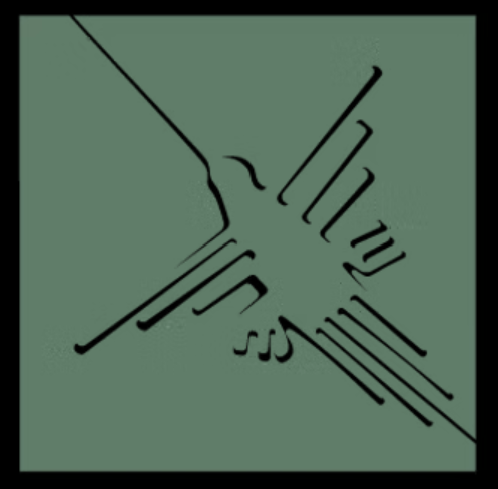Self-validation, a rare happening.
- Barbara Bordalejo

- Oct 23, 2022
- 2 min read
Academia is a place where one thrives on external validation queues. It is rare, at least for me, to find sources of joy not related to publications, grants, or community roles signifying trust. This past week, however, I was forced to produce a syllabus for a paleography class I will be teaching next semester. Not only was I required to plan the lessons, but also to make a more or less firm statement of the documents I will be working with.
I had to consider the scope of the class, as well as the limitations of my expertise (mostly on medieval manuscripts of the British Isles and limited to Old and Middle English, Anglo-Norman and Latin).
It has been years since I took paleography myself. At least as many years as my last codicology and bibliography classes. There have been a few notable identifications, particularly regarding late medieval scribes, but the most notorious has also been called into question.
At least a book on the pedagogy of paleography book was published and has since run out of print.
I didn’t envision the degree to which the act of choosing the original materials would shift my mood. As I looked through possible manuscripts, I became more and more thrilled at the prospect of sharing with others the idiosyncrasies of scribes, my working hypotheses regarding the acquisition of the craft, and the hands-on experience accumulated in 25 years of continuous manuscript reading.
As I perused my draft syllabus for potential errors, I found myself wanting to take this class. To learn anew those things that are made possible for people who read handwritten documents. What a moment of discovery to find that I can now teach the classes I would have wished to take.
Not only I found some joy in this, but also I understood that this is exactly what I should be doing. Teaching the things I have been practicing for so much time. The things I learned not from a class or a book but from the everyday work with manuscripts that now spans a quarter of a century. That is a long time to be doing anything. Years ago, Mary Carruthers said to me that paleography is like wine tasting; it is not just about knowledge but about experience. Chaucer also wrote something about that…




Comments